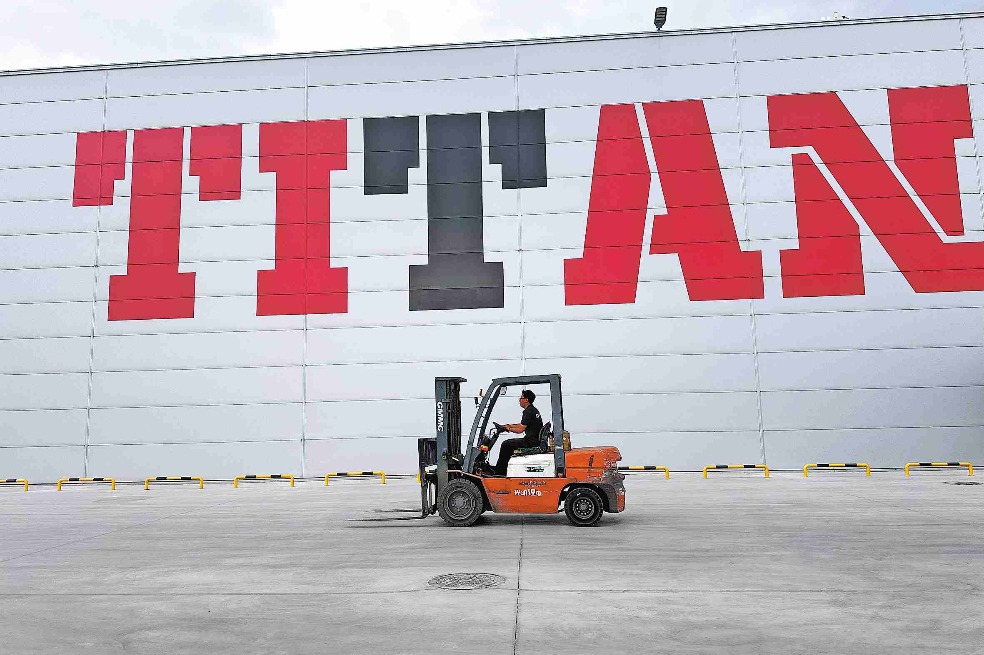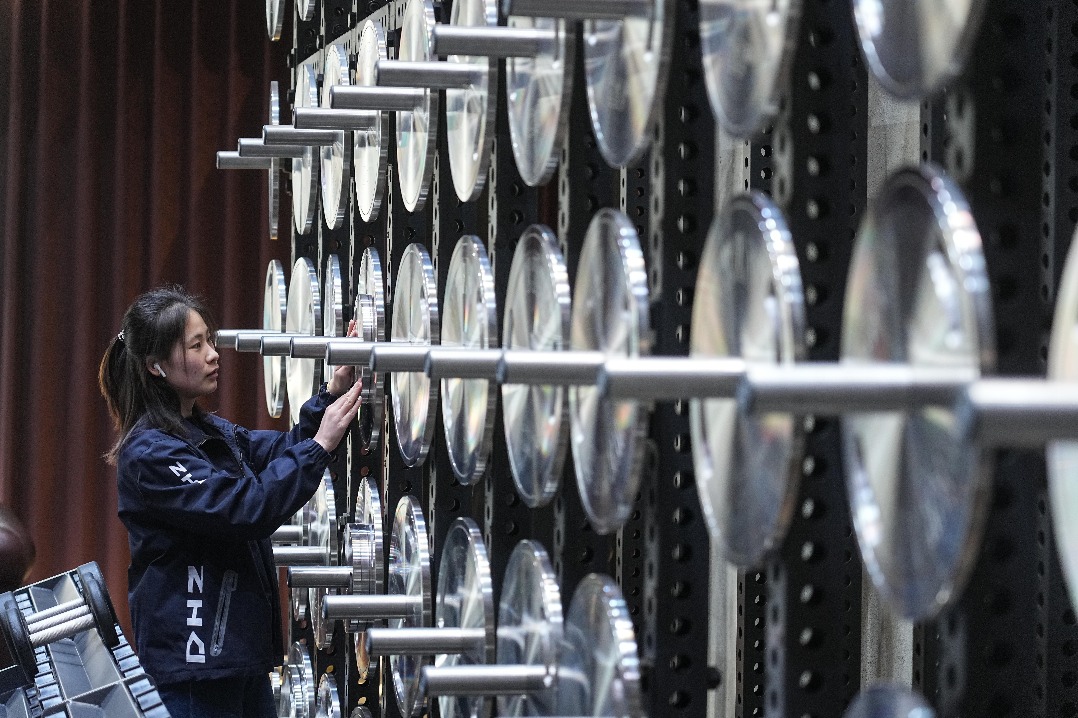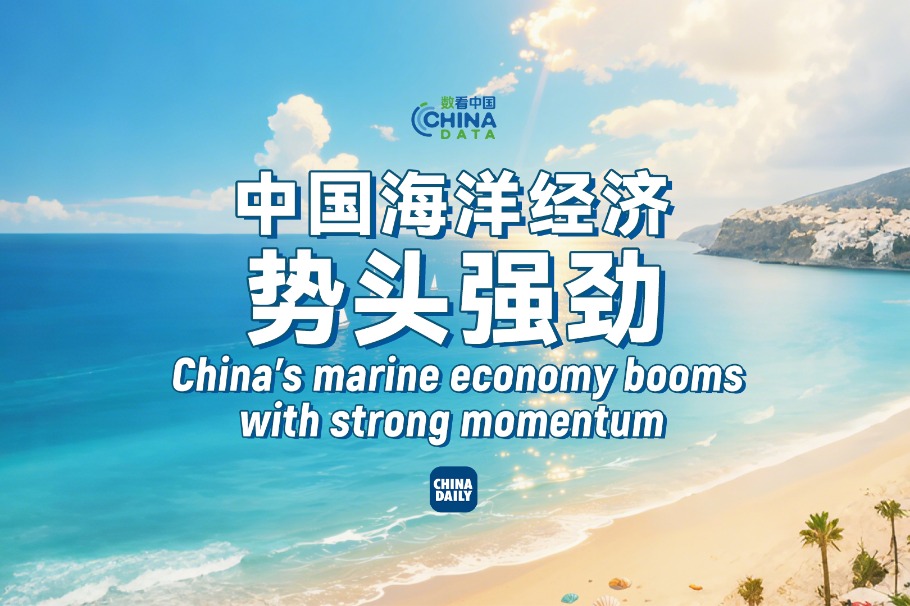New system to elevate free trade hub

China's southern Hainan province will launch a comprehensive zero-tariff system for imports starting Dec 18, when it begins operating as a special Customs regulatory area, experts said on Monday, marking a major step in its push to become a globally competitive free trade hub.
The new policy, approved by China's finance, Customs and tax authorities, will exempt about 6,600 product categories — 74 percent of all taxable items — from import duties, value-added tax and consumption tax, up from the current 1,900. Goods imported by eligible entities from abroad, except those on a restricted list, will qualify for the exemptions.
"Negative lists are a common approach in high-standard international trade rules," said Zhou Zheng, deputy director of Hainan's finance department. "This shift from positive to negative lists reflects China's commitment to deeper institutional openness."
The move is expected to lower costs for businesses, attract foreign investment, and strengthen Hainan's role as a bridge between China's domestic market and global supply chains. Companies in encouraged industries can also export goods tariff-free to the rest of the Chinese mainland if the local added value reaches 30 percent.
The province has already rolled out zero-tariff policies for key sectors, but the new framework significantly expands coverage.
The Master Plan for the Construction of Hainan Free Trade Port aims to create a tax system aligned with high-level global standards, guided by "zero tariffs, low tax rates and simplified tax structures".
"China is leveraging openness to drive reform and growth as global uncertainties rise," Zhou said, noting of Hainan's role as a testing ground for bold reforms amid geopolitical shifts and protectionism.
With its strategic location linking China to Southeast Asia and global trade routes, Hainan is poised to become a key hub in China's "dual circulation" strategy, which seeks to balance domestic and international economic activity.
Tu Xinquan, dean of the China Institute for WTO Studies at the University of International Business and Economics in Beijing, said Hainan's zero-tariff model goes beyond regional pacts like the Regional Comprehensive Economic Partnership.
"Hainan will eliminate import duties on 74 percent of product categories — a 53 percentage-point shift from current arrangements — surpassing RCEP's highest tariff elimination rate of about 65 percent," Tu said. "This autonomous opening-up demonstrates China's push for higher global economic integration."
Tu noted that unlike trade pacts that only remove import tariffs, Hainan will also waive value-added and consumption taxes. "Businesses can choose between Hainan's zero-tariff scheme or other preferential rates, such as RCEP, to secure the lowest applicable duties," he added.
Combined with Hainan's reduced 15 percent corporate tax rate — compared to China's standard 25 percent — the policies could significantly cut costs for import-reliant industries.




































